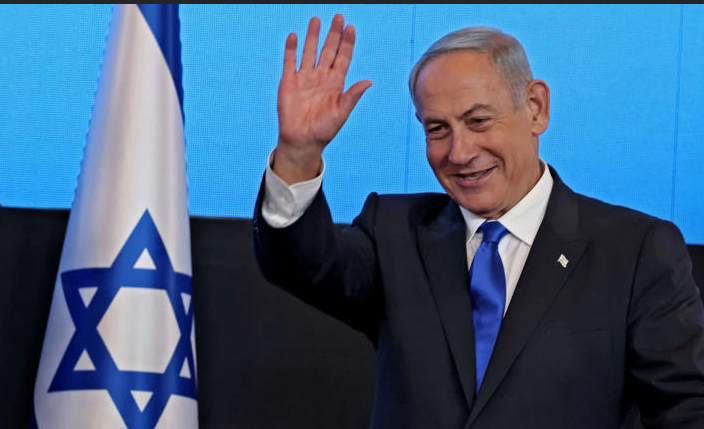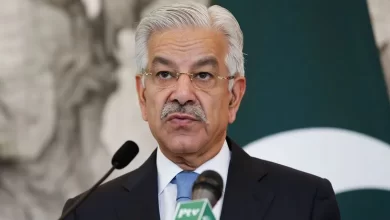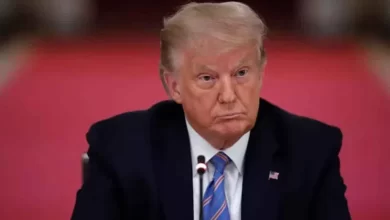Israel’s identity crisis goes far beyond Netanyahu’s plans for the judiciary – clashes will keep happening

The political chaos that has engulfed Israel goes well beyond a bitter battle over controversial plans to potentially defang the country’s judiciary and the mass protests the proposals have sparked.
The root cause sits at the volcanic core of the country. It is the reason why there have been five elections in less than four years, and why some argue there may be a sixth on the horizon.
Israel is bitterly – maybe even irreparably – divided. And that identity crisis is coming to a head. And at least for now, there does not seem to be any way to marry what are vastly – existentially – different visions of how the state should run into something workable
On Monday, after tens of thousands of people demonstrated outside the parliament building in Jerusalem, the Israeli prime minister, Benjamin Netanyahu, announced he would temporarily freeze the plan to overhaul the judiciary. In a prime-time televised speech, Israel’s longest-serving premier said he would begin setting up negotiating teams, a move he said would “avoid civil war”.
In a nutshell, the government plan would give Mr Netanyahu, who is on trial on corruption charges (he denies the allegations) and his allies the final say in appointing the nation’s judges. It would also give the parliament, which is currently controlled by his allies, the authority to overturn Supreme Court decisions with just a basic majority. It would limit the court’s ability to review laws.
Critics say it would make it difficult to declare a prime minister unfit for office and is designed to protect Mr Netanyahu during his own legal proceedings.
Mr Netanyahu and his supporters say that is wrong, and that the changes will stop the courts encroaching and overreaching powers.
Israel is incredibly fractured at all levels but in simplistic terms right now on one side are the supporters of Mr Netanyahu and his coalition of far-right ultra-nationalist and religious parties. On the other side – at least at this juncture – is pretty much everyone else.
Attempts by Mr Netanyahu’s government to push through this judicial overhaul have widened the cracks both within his supporter base and with his opponents. Out of those cracks has erupted the angry demonstrations seen in recent weeks.
There appears to be no consensus anywhere, but if a “comprise” can be reached, what might it possibly look like?
A senior opposition source told me they believe they “have a responsibility to try” with the negotiations “but no one is under any illusions that it will be easy… There isn’t much trust in Netanyahu.”







